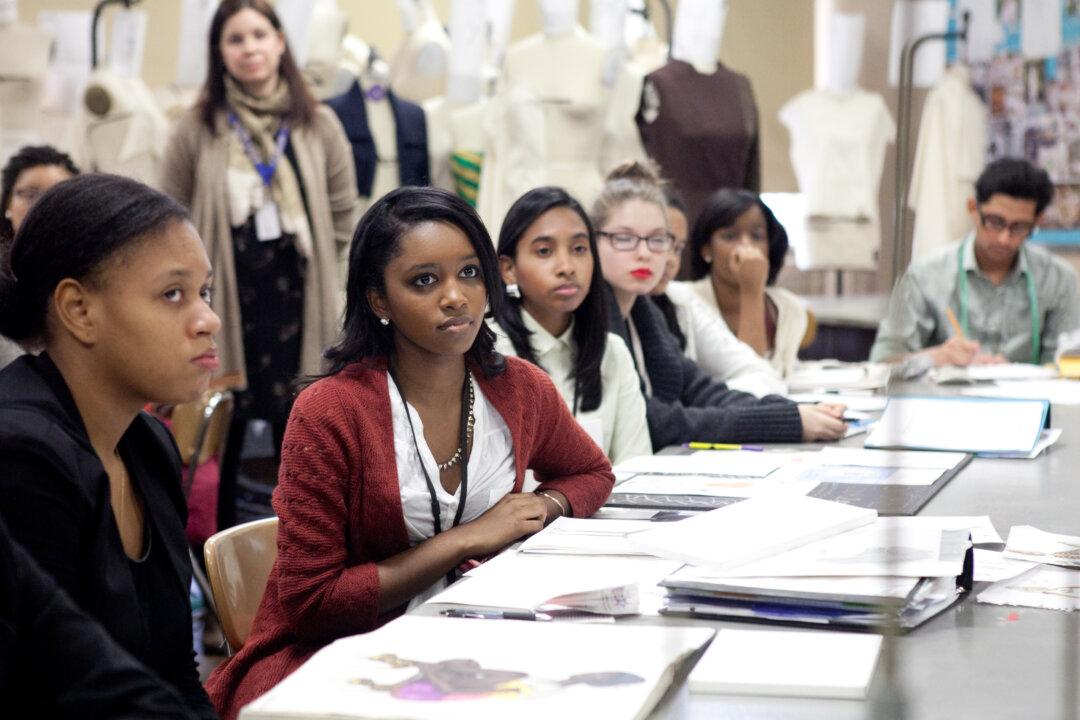This is the third part of a series exploring the decades long national reform of public education, and will attempt to answer the question of whether Common Core actually prepares students for college.
NEW YORK—Year after year we hear the cry: Our children are graduating high schools unprepared—for life, for citizenship, for college.
For decades our nation’s leaders have mustered reforms to remedy this problem. The most current one swirls around Common Core, a set of education standards pushed from the federal level with a promise of “college and career readiness.”
As college is still the surest way to maintain or bump up one’s social status, a promise of solid college preparation appeals to the masses. But before we delve into the question of whether Common Core merits the hype, let’s look at whether our high schools need it in the first place.
Well, we have the numbers.
After enrolling in any college under the City University of New York (CUNY), for example, each student takes a short “placement” test. The results determine whether a student is ready for the college’s coursework. And those results are cheerless.
More than 4 in 10 students are deemed not ready for math courses. Three in 10 don’t write well enough and 2 in 10 lack in reading, according to 2010 CUNY data.
Such students are recommended to take the remediation classes that review high school material while bearing no college credits.
The problem is the placement tests are not particularly accurate.






